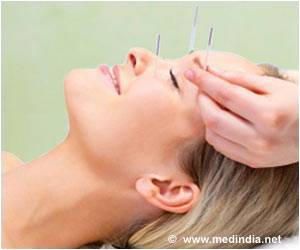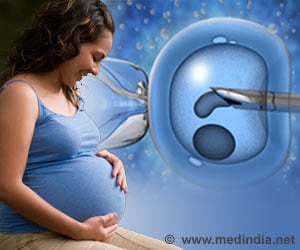The discomfort, functional status, and quality of life of pregnant women with lower back pain were all significantly improved by acupuncture.
- Acupuncture is considered safe for several conditions and helps to relieve low backache among pregnant women
- It produced no major negative side effects on the new-born baby’s health, whose mother had opted for acupuncture during pregnancy
According to the researchers, acupuncture is emerging as a possible treatment for several pain conditions because it does not require the use of pharmaceuticals and is considered safe.
Does Acupuncture Reduce Pain
It is unclear exactly how it can reduce pain, although it is considered to include the body’s natural ‘happy’ hormones, endorphins, as well as improvements in blood flow to nearby skin and muscle. However, there is an ongoing debate over whether it can lessen the crippling low back and/or pelvic discomfort that up to 90% of pregnant women feel.Pain Relief Therapies in Pregnant Women
The researchers searched research databases for pertinent clinical trials that compared the pain relief provided to pregnant women who received acupuncture, either alone or in combination with other therapies, with other/no/dummy treatments, as well as the potential effect on their newborns, to strengthen the body of evidence.In the end, 10 randomized controlled trials with 1040 women were included. Every study was conducted in a different country- Sweden, the UK, the USA, Spain, and Brazil- and published between 2000 and 2020. The pregnant women were all in good health, were, on average, 17 to 30 weeks along, and experienced lower back and/or pelvic pain.
Physiotherapists, midwives, or licensed acupuncturists were responsible for administering the acupuncture. Auricular acupuncture (ear lobe) was described in three trials and body acupuncture in seven trials.
The acupuncture sites, needle retention time, and dose were all reported in each study. Seven of the so-called ‘forbidden points’, which are typically discouraged during pregnancy, were utilized. An examination of trial data from nine studies that were combined revealed that acupuncture considerably reduced pregnancy-related discomfort.
Using Acupuncture During Pregnancy
The outcomes of the four studies that looked at how well acupuncture restored physical function revealed a marked improvement. Five research recorded the quality of life. Acupuncture seems to greatly improve this as well, according to the findings after the results of these studies were combined. An analysis of the combined data from four studies’revealed that acupuncture significantly differed from other interventions or no interventions in terms of overall effects.However, a combined analysis of two studies reporting on the use of painkillers found no difference in medication intake between those who received acupuncture and those who received nothing.
The adjusted pooled data analysis further revealed that acupuncture is safe and that there was no significant change in babies’ health (APGAR) score when acupuncture was compared to other intervention(s) or none for the four studies reporting on it.
Gestational age was only mentioned in one study, and that study was excluded from the analysis of the pooled data. Two investigations found preterm contractions, although the babies were healthy when they were born.
Other minor side effects for expectant mothers that were observed in seven trials were tiredness, discomfort, soreness, and bleeding at the needle site. Despite this, most participants were open to repeating acupuncture if necessary and gave it a favorable rating.
However, the researchers sound a warning regarding their findings: the quality and quantity of included studies were both uneven. Additionally, there were significant differences in the design, methodology, results, and participant characteristics. Additionally, in two trials, the comparison group’s dropout rate was higher than 20%.
Nevertheless, they concluded that acupuncture needs further study since it has the potential to reduce pain at a time when it is preferable to refrain from using medicines due to their potential negative effects on the mother and the unborn child.
“Acupuncture significantly improved pain, functional status, and quality of life in women with lower back or pelvic painduring the pregnancy. Additionally, acupuncture had no observable severe adverse influences on the newborns,” they write. “More large-scale and well-designed [randomized controlled trials] are still needed to further confirm these results.”
Source-Medindia
















